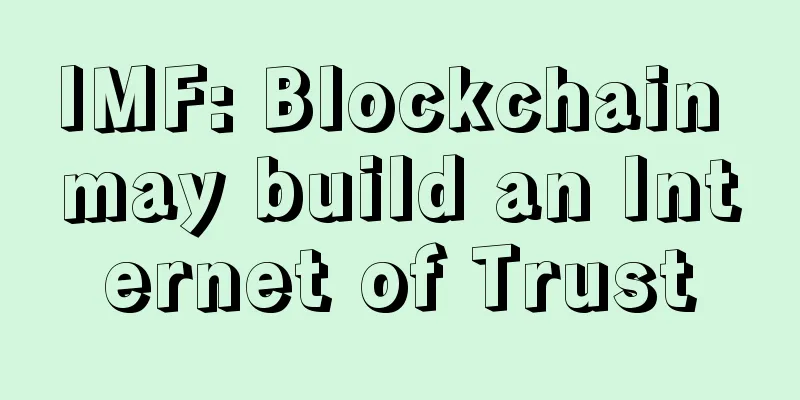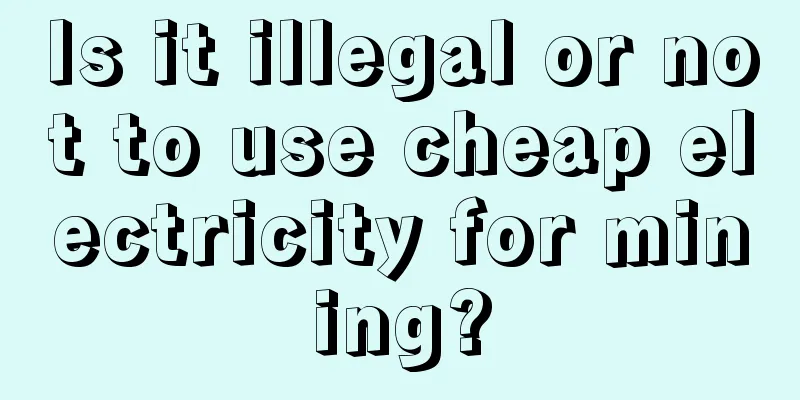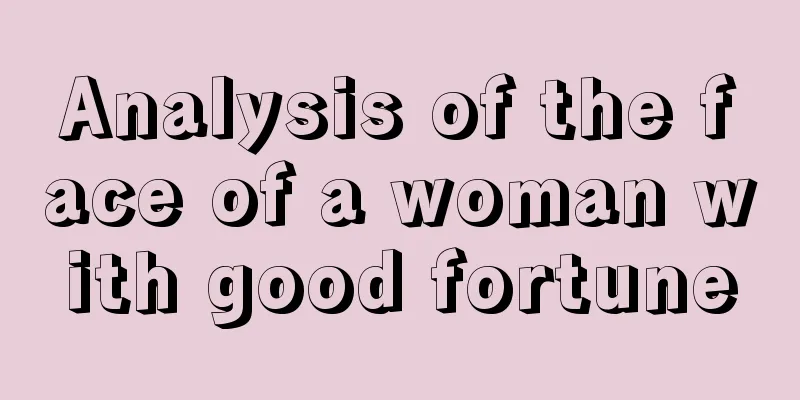IMF: Blockchain may build an Internet of Trust

|
The International Monetary Fund (IMF) has published an article explaining bitcoin’s blockchain technology and suggested that it could be beneficial to the banking and trading sectors. The article, “The Internet of Trust,” co-authored by Andreas Adriano, Senior Communications Officer at the IMF’s Communications Department, and Hunter Monroe, Senior Economist at the IMF’s Monetary and Capital Markets Department, provides an overview of the history of Bitcoin, its underlying blockchain technology, and its potential uses. The article explores whether blockchain technology can make payments and trade settlements cheaper and simpler. In response to some people's view that Bitcoin is a Ponzi scheme, the author said: "Bitcoin, or more accurately, its underlying technology called distributed ledger or blockchain, may allow for a fundamental transformation of the financial industry." Interestingly, there is also a section in the article about Bitcoin FAQ: Q: Is Bitcoin the only digital currency?
Q: Is cryptocurrency safe?
Q: What is the volatility?
Q: It is so volatile, so is it a good investment?
Q: How can I buy Bitcoin or other cryptocurrencies?
Q: How do I store my Bitcoin?
Q: Where can I use them?
When asked whether blockchain can truly deliver on its promise to speed up the financial world, the author said: “Current technology does not prevent instant settlement, the problem lies in the structure of the market.” In conclusion, the article is neutral, with the author arguing that “it may be too early to say whether blockchain will become the next Internet or just a gradual evolution,” but at the end of the article, the author writes positively:
|
<<: Coin Zone Trends: Bitcoin Price Trends Based on Big Data This Week (2016-06-16)
Recommend
TLRM is commonly known as Tellurium Coin - a new virtual currency that can be mined by both CPU servers and graphics card mining machines!
TLRM, commonly known as Tellurium Coin, is a new ...
What are the facial features of a woman with a gentle personality?
Modern women are becoming more and more independe...
What is the face shape of the same character? What is the fate of people with the same character face shape?
The Tongzi face type belongs to the rectangular f...
Mainstream mining coins are halved one after another. How does Ant Pool guarantee the income of miners? ——《Mining Coin Network Celebrity Awards》
host First, please give a brief introduction. Tia...
ARK: Bitcoin can create a better green energy system
According to a bitcoin research report published ...
How to remove the mole under the lips?
As one of the traditional physiognomy techniques, ...
Barry Silbert on Why Private Blockchains Will Ultimately Fail
The Economist magazine published an issue on Octo...
Stealing electricity for "mining", two "miners" dug a hole for themselves!
Two "miners" were arrested for stealing...
Wu Jihan: The conflict with Zhan Ketuan broke out during the layoff storm in 2018. Zhan was initially against the layoffs.
According to the minutes of Bitmain’s staff meeti...
What does a fierce person look like? What kind of person has the fiercest personality?
It is well known that vicious people should not b...
Bitcoin has reached the $40,000 mark again. Is the bull market here? See what the big Vs say
Looking back at the precipitous drop in the crypt...
Is it good for a woman to have a narrow forehead and high cheekbones? What kind of woman is destined to be a hard worker?
Face reading is an important part of physiognomy c...
What does a wide forehead mean?
We often mention the Yin Tang in real life, but w...
What does a mole on the glans penis indicate and what will happen to your destiny?
Moles are something that people are accustomed to...
What exactly is the controversial MIT ChainAnchor in the Bitcoin community?
Based on the information provided to me, it looks...









